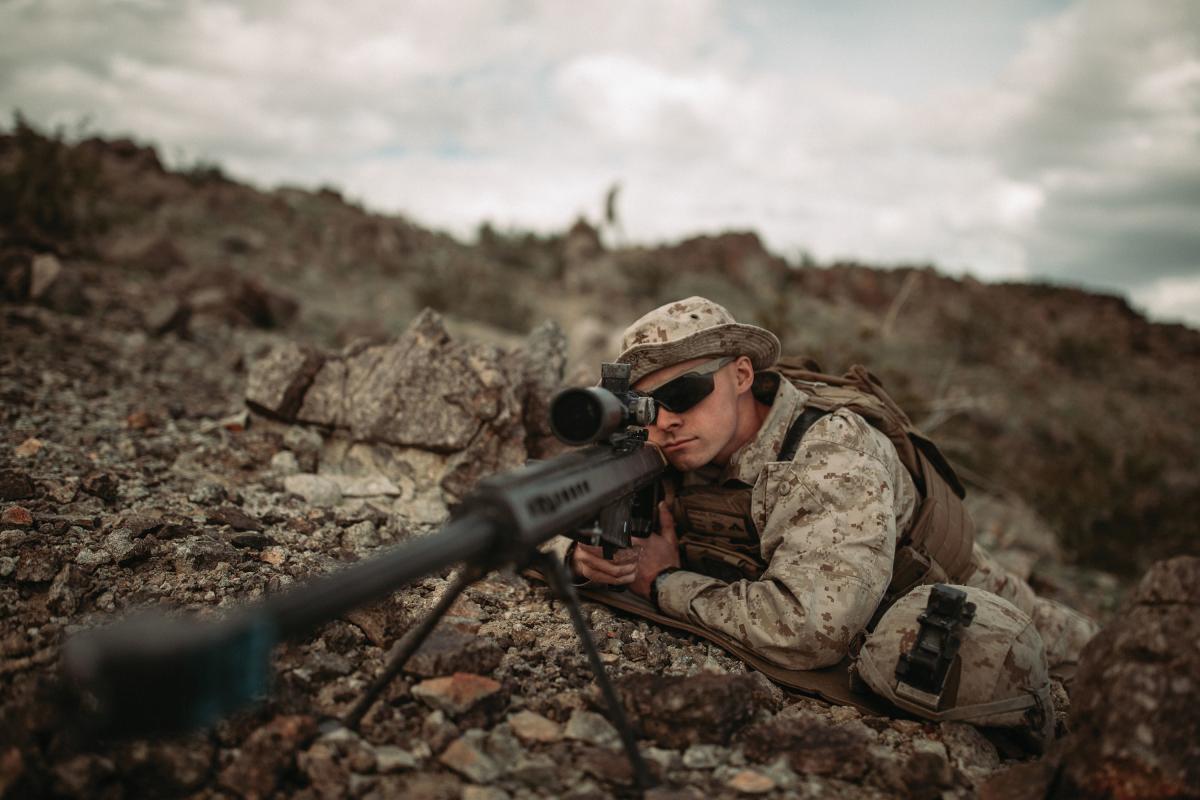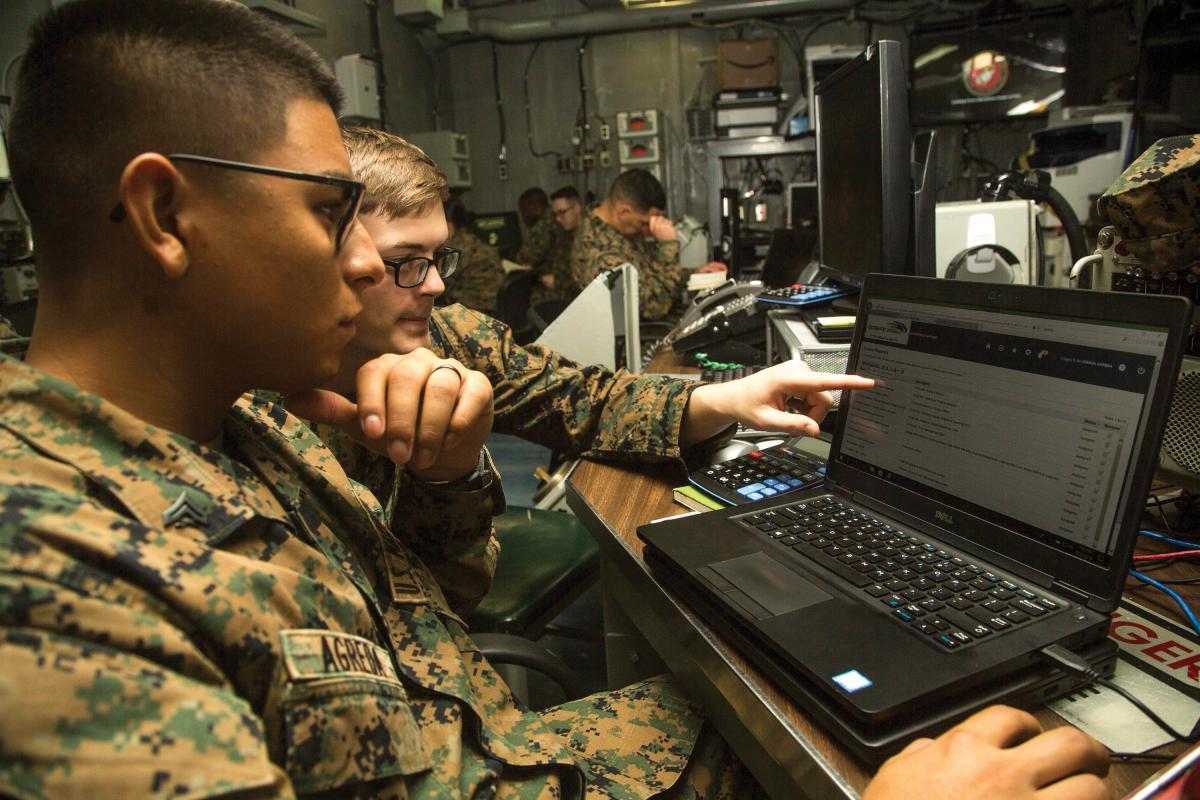It has been the mantra of America’s premier fighting force and has drawn thousands of recruits to the Marine Corps: Every Marine a rifleman. The idea that every Marine, regardless of specialty, will know how to load and accurately fire a rifle out to 500 yards has helped give the Marine Corps the reputation as the toughest branch of the military. However, the four years I’ve spent in the service proved to me not only that is this not true, but that the belief that no Marine is special, that all Marines are the same, and that every Marine is a rifleman is detrimental to the Corps.
On its face, it is true: Every Marine is a rifleman. At bootcamp, every Marine must receive a passing score on the rifle range, showing at least a basic proficiency with the weapon. However, when one compares the tasks of a Marine who only takes an annual trip to the rifle range to get his or her yearly qualification with those of a Marine in the infantry, the weakness of this equivalence becomes clear.
Infantry tactics involve firing and maneuvering—firing a weapon from strange, uncomfortable, unstable positions; firing accurately while exhausted; firing accurately under tremendous pressure; firing at moving targets who are firing back. This type of shooting is not remotely close to the experience of shooting on the rifle range, and outside of a sniper’s final firing position (FFP), in the field no one is going to be firing from a sitting position. Completing the annual rifle qualification is very different from employing that same weapon under combat conditions.
For example, if every Marine who goes to the rifle range and shoots at paper targets once a year is a rifleman, then every kid who shoots free throws in his driveway a few times a year is an NBA player. Anyone can shoot free throws. Few can make baskets while running plays up and down a basketball court against a team that does not want you to score. We would not tell people who shoot hoops in their driveway that they are NBA players. Calling someone who shoots a rifle under controlled conditions once a year a “rifleman” is no less false.
So what’s wrong with this mentality? First, it tries to level a playing field that is not level, nor should it be. Individuals who fill out paperwork behind a desk, work in supply, or count ammo are not professional riflemen. Are their jobs important? Absolutely. Could the infantry work without an extensive network of support? No. Do I mean to insult them or degrade their importance to the Corps? Certainly not.
However, just as “bullets don’t fly without supply,” supply does not exist but to support the combat arms. Those in the support establishment should be professional supply managers, professional administrative workers, professional water techs. They should be proud of their role in the success of the infantry, and they should strive to do their jobs to the best of their abilities. To also call them riflemen, to insist that their jobs are the same as that of the infantryman, both distracts from their duties and deemphasizes the importance of providing support to the infantry. This leads to the phenomenon of Marines who care more about the warrior image than about being good at their jobs. The “rifleman” trope creates burdensome standards that add nothing to a unit’s readiness but do add to a generally combative atmosphere between people who are supposed to work together.
If the Marine Corps wants the work of its Marines to be meaningful, it needs to be honest about each person’s role in the organization. It needs to accept that not all Marines are the same, even if they go to the same boot camp. It needs to realize that, while a baseline standard should be upheld, different units and communities have different goals, priorities, and missions. Maintaining an image is not the most important thing you can do; doing your job well is.
Everything a Marine does should be centered around becoming better at his or her particular trade. Rather than sending everyone to the same corporal’s course and sergeant’s course, the Corps should develop a noncommissioned officer professional military education (PME) program consisting of unit-driven military occupational specialty (MOS)-specific courses. This PME can help a Marine be the best recon sergeant, the best motor pool sergeant, or the best supply corporal.
We cannot keep pretending that all Marines can be the same. This idea creates additional requirements that compete in time, energy, and resources with each Marine’s primary job, and this detracts from individual and unit readiness. Removing these additional requirements and giving Marines of every MOS the additional guidance and resources to enable them to become the masters of their individual trades will allow the Marine Corps to be a more efficient, effective, and lethal organization.
Not every Marine is a rifleman, and that is okay. The sooner we recognize this and shift the focus to making everyone better at their specialties, creating an environment that facilitates productivity instead of insisting on uniformity, and focusing on performance over image, the sooner we Marines can come together and be the best version of ourselves.




